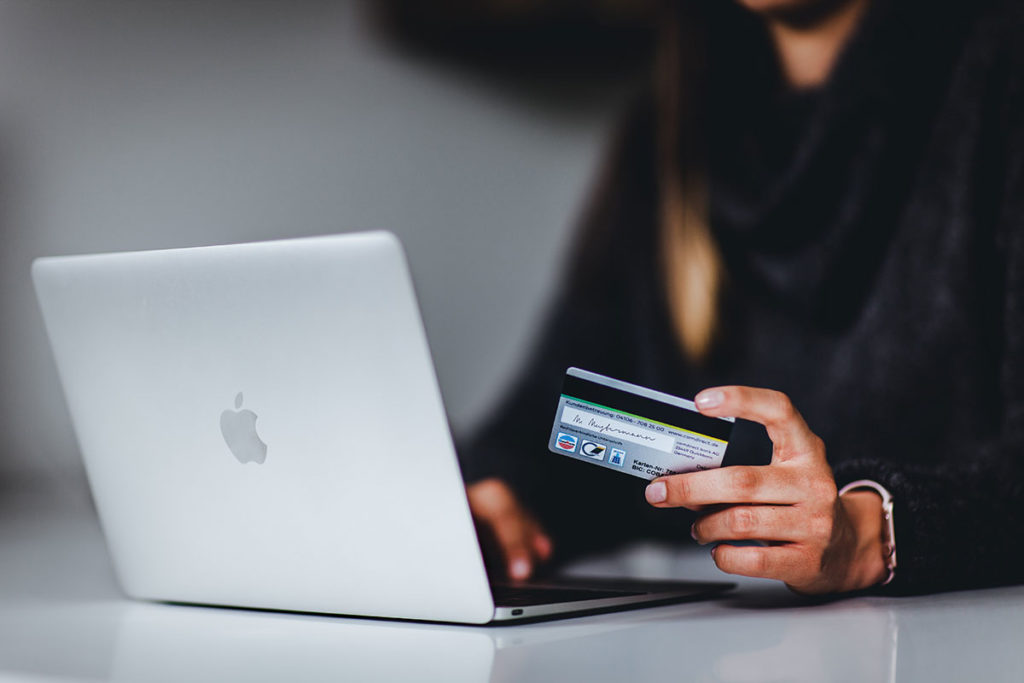
In today’s times, it is very difficult to find someone who doesn’t possess a credit card. Everybody has at least one credit card and some people have several credit cards. However, it is important to understand that you need to pay back the money that you spend using your credit card. Indiscriminate use of your credit card will lead you into a debt trap. Many people forget this simply because they are not paying using hard cash; and then they accumulate huge debts.
[adsense_id=”1″]
Credit card debt management is extremely important to prevent a situation where you are left with no option but declaring “Bankruptcy”. So, what does credit card debt management involve? Let’s have a look:
Make judicious use of credit
Pay all your outstanding bills on time so as to avoid late payment charges and start clearing off your existing debts one by one.
Curtail unnecessary expenses, avoid the stuff that you can do without and prefer using cash for small bills such as groceries rather than put them on your credit card.
Every card has a revolving credit facility. Prefer not to use the same. Under revolving credit, you are expected to pay a minimum amount of 5% or an equivalent amount towards your total credit card bill by the due date, so as to avoid late payment fees. The rest of the outstanding amount is revolving credit, which continues to carry interest for every single day. Pay off the amount in full, wherever possible. Keep the amount low so you know you can pay in full, unless it is unavoidable.
Be a savvy shopper
Don’t purchase anything impulsively, especially if you frequently buy on credit. You will eventually realize the extra burden it puts on you when you receive your credit card statement. In fact, you’ll realize you could have done without several items or postponed their purchase. Use credit cards only when you know a certain deal cannot be made unless you provide your credit card number – booking an airline ticket, booking a hotel room several weeks in advance, etc.
Learn to use cash instead of credit cards
Have one primary credit card and use it only for emergencies or major necessities. Put your credit card in a safe place, not available for everyday use. Also, do not accept increases on your credit card limit above an amount you can’t easily pay off in three months.
Do your homework
Different credit cards carry varying rates of interest. Find out the APR% on other credit cards that might be on offer from various card issuers. This information is readily available online for various credit card issuers. Compare and switch to a credit card with lower interest rates.
Also, if you already own multiple credit cards, pay off the card with the highest interest rate first. This will help you better manage your credit card debt. Once you pay off the higher interest expenses, the rest can me managed with far more ease. You should also consider moving (balance transfer) your outstanding payments to a different credit card with a lower rate of interest.
Do not apply for more credit or ask for higher credit limits. If you are offered higher limits on your credit card, do not accept unless you can comfortably pay it off in three months’ time. Close off new accounts, but keep the older ones. Old credit is good, as also is unused credit.
Never withdraw cash on your credit card
Never ever use your credit card for withdrawing cash. It charges the maximum toll on your resources, since it gives you access to hard cash. Credit cards should never be used as ATM cards for withdrawing cash.
Seek professional help
If you still think that any of the above suggestions are too difficult for you to follow on your own, there are specialized debt settlement companies to help you clear your credit card bills. However, brace for a lower credit score. You agreed to pay your outstanding dues on time when you signed up for the credit cards; so the late payments will also come on your report along with the settlement.
Credit card debt management has more to do with personal discretion and control over your shopping rather than any one size fits all standard policy for all.